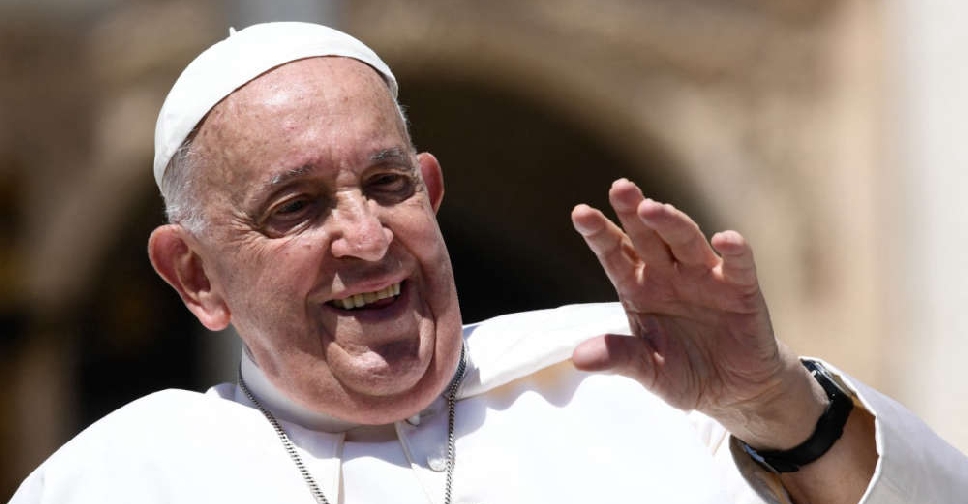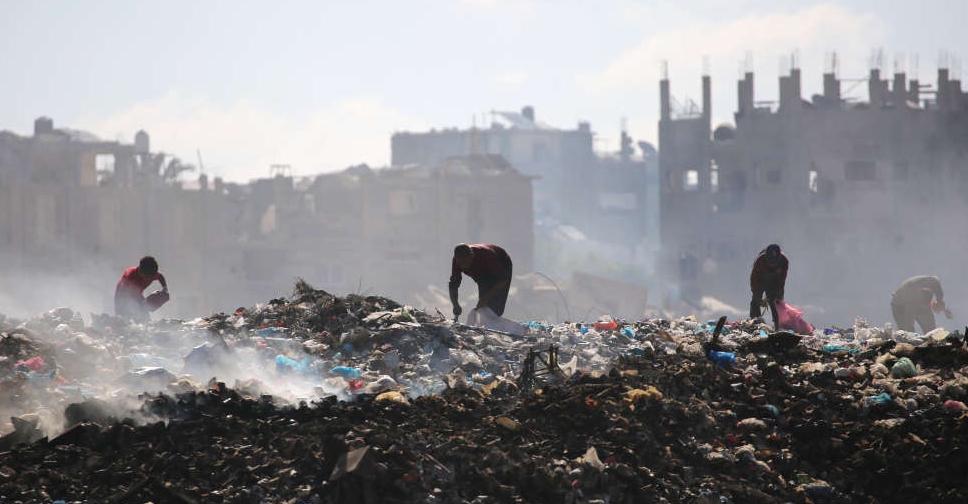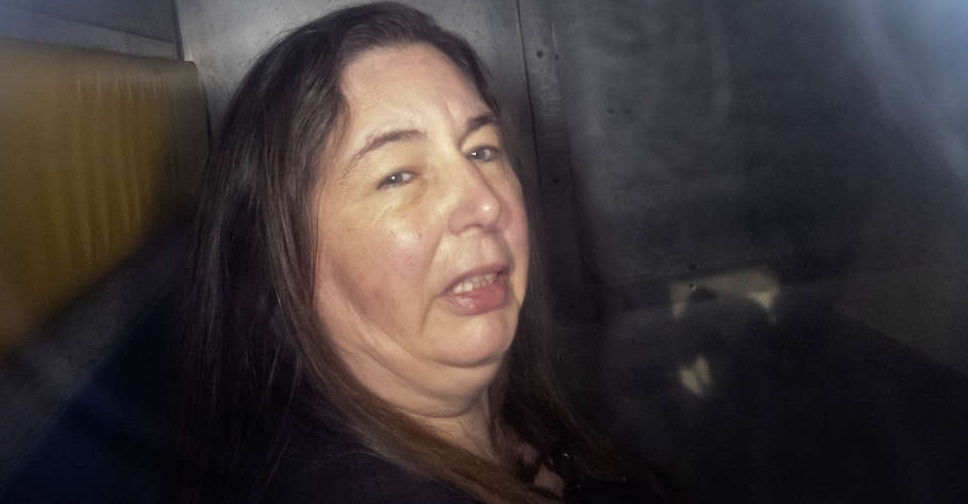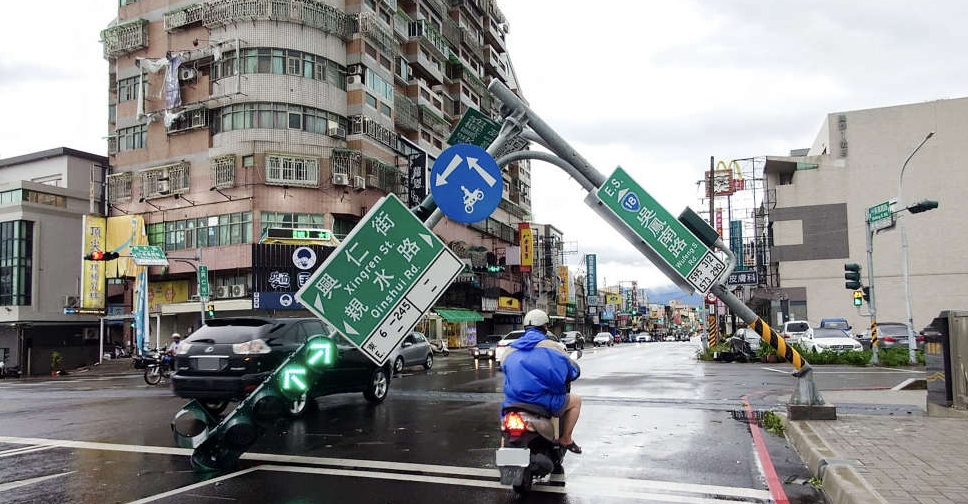
Pope Francis, the first Latin American leader of the Roman Catholic Church, died on Monday after suffering a stroke and cardiac arrest, the Vatican said in a video statement.
He was 88, and had suffered double pneumonia this year, but his death came as a shock after he appeared in St. Peter's Square in an open-air popemobile to greet cheering crowds on Easter Sunday, suggesting his convalescence was going well.
"Dear brothers and sisters, it is with profound sadness I must announce the death of our Holy Father Francis," Cardinal Kevin Farrell announced on the Vatican's TV channel.
"At 7:35 this morning the Bishop of Rome, Francis, returned to the house of the Father."
Francis died of a stroke and irreversible cardiovascular arrest, Vatican doctor Andrea Arcangeli said in the death certificate, which was released by the Vatican. It added that the pope had fallen into a coma before he died.
Besides his recent lung infection, Arcangeli said Francis had also suffered from high blood pressure and diabetes.
A Vatican spokesman said the pope's coffin might be moved to St. Peter's Basilica as early as Wednesday morning to allow the faithful to pay their respects.
Francis had on Sunday made his first prolonged public appearance since being discharged from hospital on March 23 following a 38-day stay for pneumonia, occasionally waving to onlookers and greeting a child who was brought to his side.
Leaders across the world were reacting to the pope's death with praise for his efforts to reform the worldwide church and offering condolences to the world's 1.4 billion Catholics.
"He inspired millions, far beyond the Catholic Church, with his humility and love so pure for the less fortunate," said European Commission President Ursula von der Leyen.
Jose Ramos-Horta, the president of East Timor, where Francis had visited in September 2024 as part of the longest foreign trip of his papacy, said the pope "leaves behind a profound legacy of humanity, of justice, of human fraternity".
Jorge Mario Bergoglio was elected pope on March 13, 2013, surprising many church watchers who had seen the Argentine cleric, known for his concern for the poor, as an outsider.
He sought to project simplicity into the grand role and never took possession of the ornate papal apartments in the Apostolic Palace used by his predecessors, saying he preferred to live in a community setting for his "psychological health".
But as his papacy progressed, he faced fierce criticism from conservatives, who accused him of trashing cherished traditions. He also drew the ire of progressives, who felt he should have done much more to reshape the 2,000-year-old church.
While he struggled with internal dissent, Francis became a global superstar, drawing huge crowds on his many foreign travels as he tirelessly promoted interfaith dialogue and peace, taking the side of the marginalised, such as migrants.
Unique in modern times, there were two men wearing white in the Vatican for much of Francis' rule, with his predecessor Benedict opting to continue to live in the Holy See after his shock resignation in 2013 had opened the way for a new pontiff. Benedict, a hero of the conservative cause, died in December 2022.
Francis appointed nearly 80 per cent of the cardinal electors who will choose the next pope, increasing the possibility that his successor will continue his progressive policies, despite the strong pushback from traditionalists.



 Israel, Hamas set for Gaza ceasefire talks as Netanyahu due to meet Trump
Israel, Hamas set for Gaza ceasefire talks as Netanyahu due to meet Trump
 Australian Erin Patterson convicted of mushroom murders
Australian Erin Patterson convicted of mushroom murders
 Search teams scour Texas flood zone for dozens missing; 78 confirmed dead
Search teams scour Texas flood zone for dozens missing; 78 confirmed dead
 Typhoon Danas lashes southern Taiwan with record winds, injuring hundreds
Typhoon Danas lashes southern Taiwan with record winds, injuring hundreds



